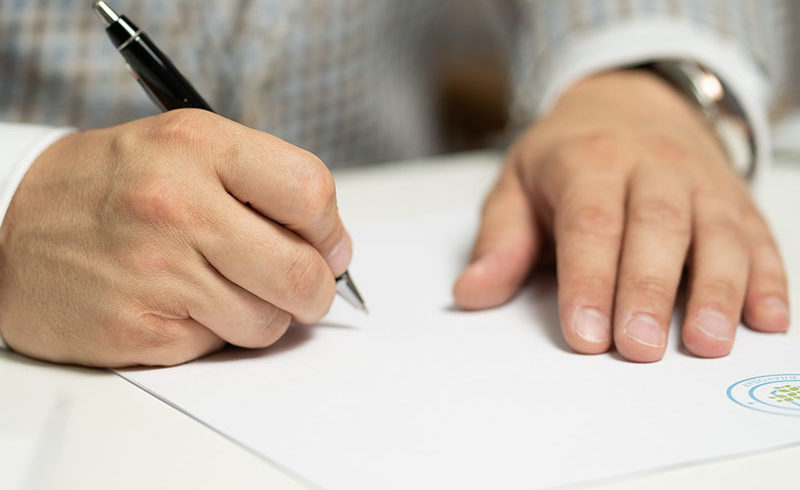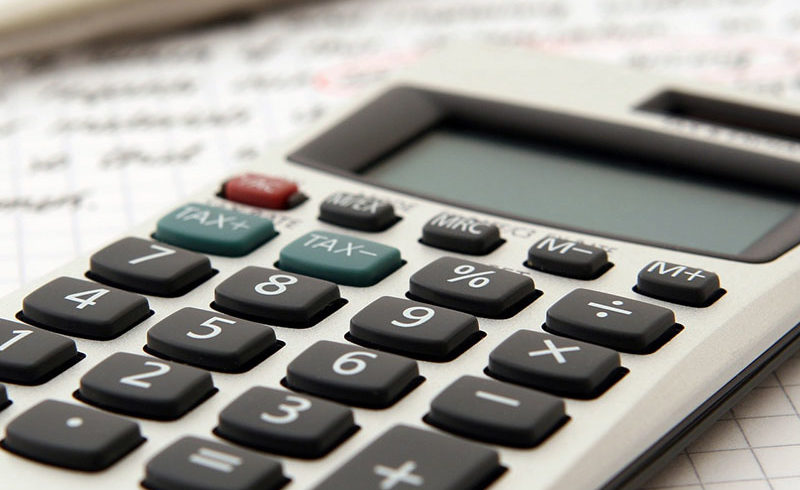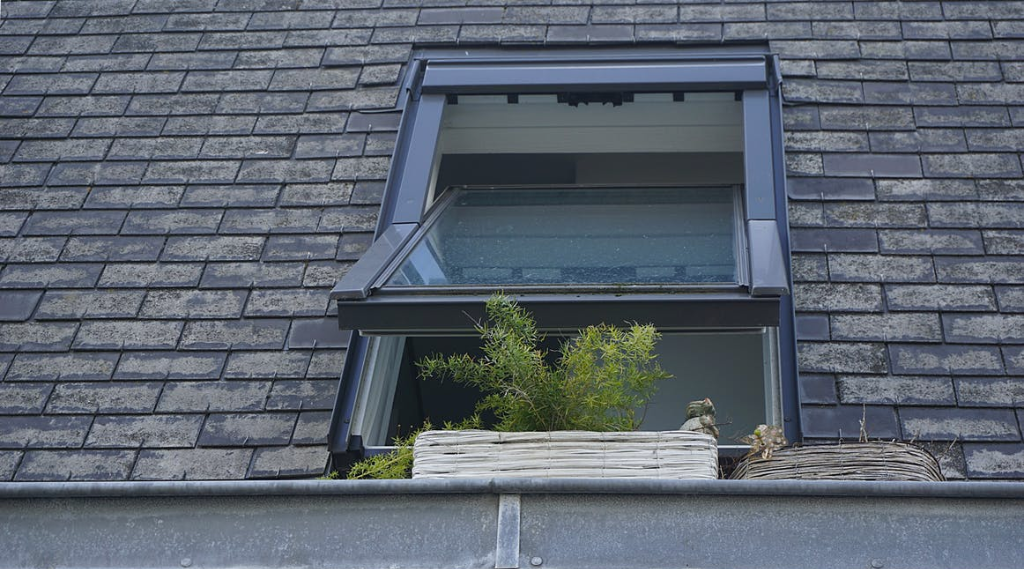
When you’re in the market for a new home, there are many things that you need to check off your to-do list. While it may seem overwhelming to add another thing to your list, you cannot forgo having a qualified home inspector visit your new home to complete a full home inspection.
A home inspection will save you money in the long run by identifying any problems with your home before you go ahead with your purchase. In order to ensure that you’re informed as a home buyer, we’re going to walk you through the things that a home inspector will be looking for.
Buying a new home is a big decision and a large investment. When your inspection is being conducted, be sure to pay careful attention. Don’t be afraid to ask your inspector specific questions while they’re performing the inspection; it doesn’t hurt to be extra cautious!
What Does a Home Inspector Look For?
Although this list is not exhaustive, and the things that your home inspector looks for will vary based on many factors, this is a thorough list of the most common things a home inspector will be checking as part of their home inspection.
Grounds: The beginning of a home inspection often starts by identifying any current or potential problems with water damage. As this can include faulty grading or downspouts, your home inspector will pay careful attention to your home’s yard, pathways, retaining walls, sheds, railings, trees, and more.
Roof: In order to ensure that there are no leaks or roofing issues, your home inspector will be attentive to the quality of your home’s roof. The inspector will be looking for loose gutters, defects in chimneys or skylights, fallen shingles, leaks, and more. Replacing your roof can be quite costly. Examining its current state is crucial.
Exterior: When your home inspection is being performed, it is important that your inspector pays attention to the siding. They will ensure that the siding is not rotted, dented, cracked, or damaged. Plus, it is vital there is enough space between your siding and the earth, to eliminate moisture.
Kitchen: For optimum safety, your kitchen should have a range hood with fans that will vent towards the outside. Also, all of the cabinets and drawers should be functional in the kitchen, and there should not be any leaks under the sink.
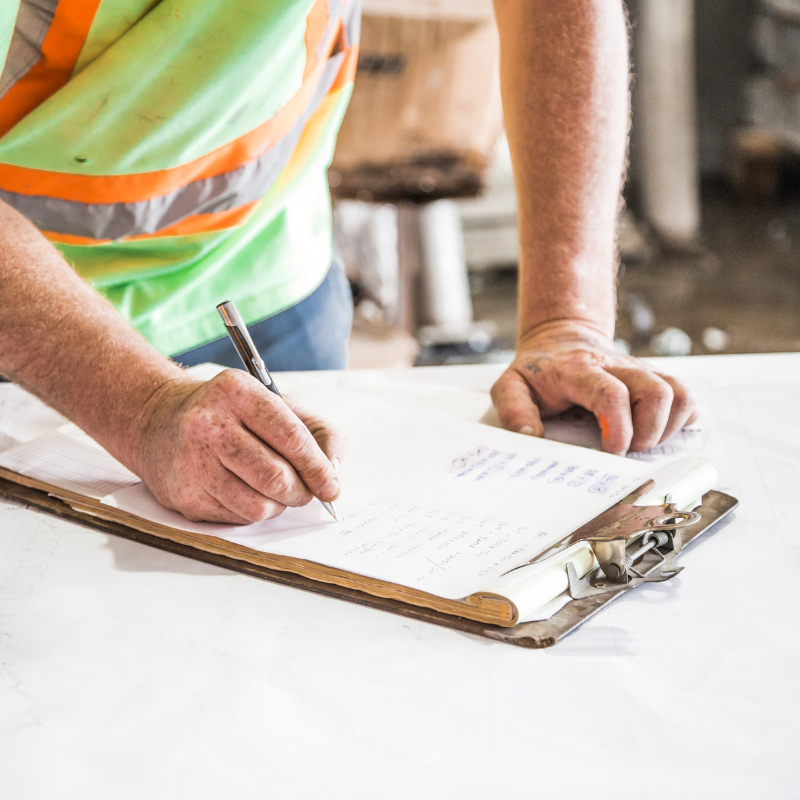
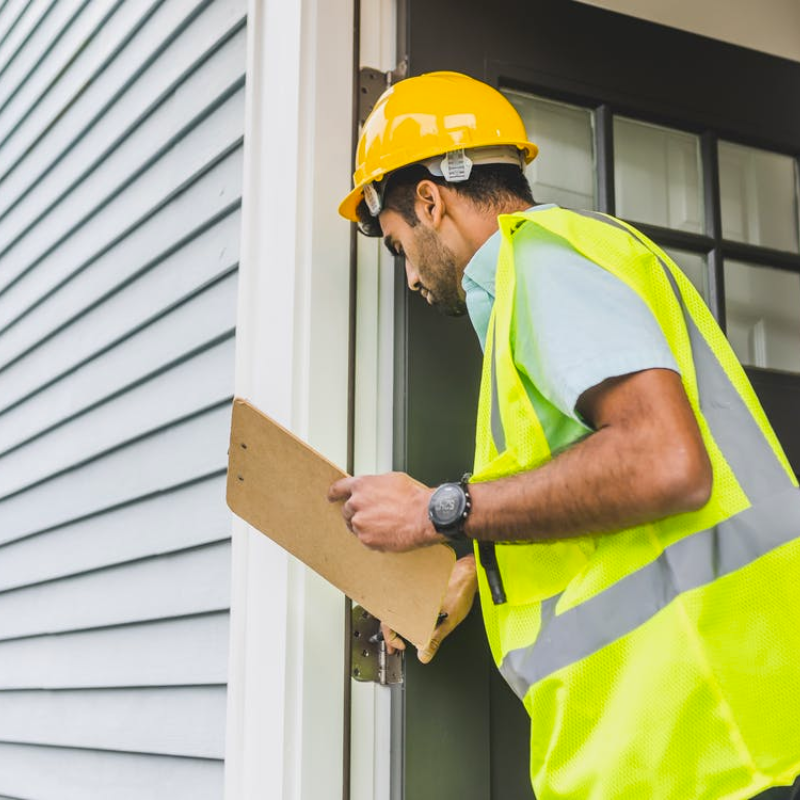
Windows, Doors, and Trim: Any window or door has the potential to skew the heating and air conditioning in your home. To ensure that energy bills are as low as possible and that you keep the heat in and the cold out, your home inspector will check to make sure that your windows and doors are in optimal condition. They will be checking for signs of rot on your window frames & doors and that your glass is intact.
Bathrooms: In your bathrooms, all of the toilets should be in good working condition. The showers, tubs, and drains will be examined.
Plumbing: When it comes to plumbing, your home inspector will be analyzing your current plumbing systems and checking for any trace of previous water damage. They will be verifying that your pipes, drains, and water heaters are in working order.
Electrical Systems: Your home inspector will confirm that your wiring and electrical panels are working properly. This will include light switches, HVAC systems, outlets, and more.
Flooring: While determining the quality of your flooring, a home inspector will look for any wood-destroying insects as they can be detrimental to your floors in the long run. These insects include carpenter bees, carpenter ants, powder post beetles, and termites.
Asbestos: The overall health of your family or future tenants is a very important thing to consider when completing a thorough home inspection. A good home inspector will ensure that there are zero traces of asbestos in your new home. This is particularly important to evaluate if you’re buying a home that was built before 1980. Be sure to ask your home inspector if they have experience identifying asbestos as you do not want this factor to be overlooked during the home inspection.
Final Thoughts
There are many things that a home inspector will look for when performing a home inspection, but this list is a good record of the most substantial things that a home inspector will be on the hunt for when making the rounds in your new home.
Without a doubt, a thorough home inspection will take some of the stress out of buying a new home as a professional home inspector is trained to see issues that may not be apparent to the average home buyer. And, while they are a professional, you will still want to be present during the inspection so that you are able to raise any red flags that you notice as well. Plus, you will want to be aware of the observations that your home inspector makes seeing as how large of an investment your new home will be.
If you have any questions about your upcoming real estate purchase, don’t hesitate to reach out. We are here to help!


